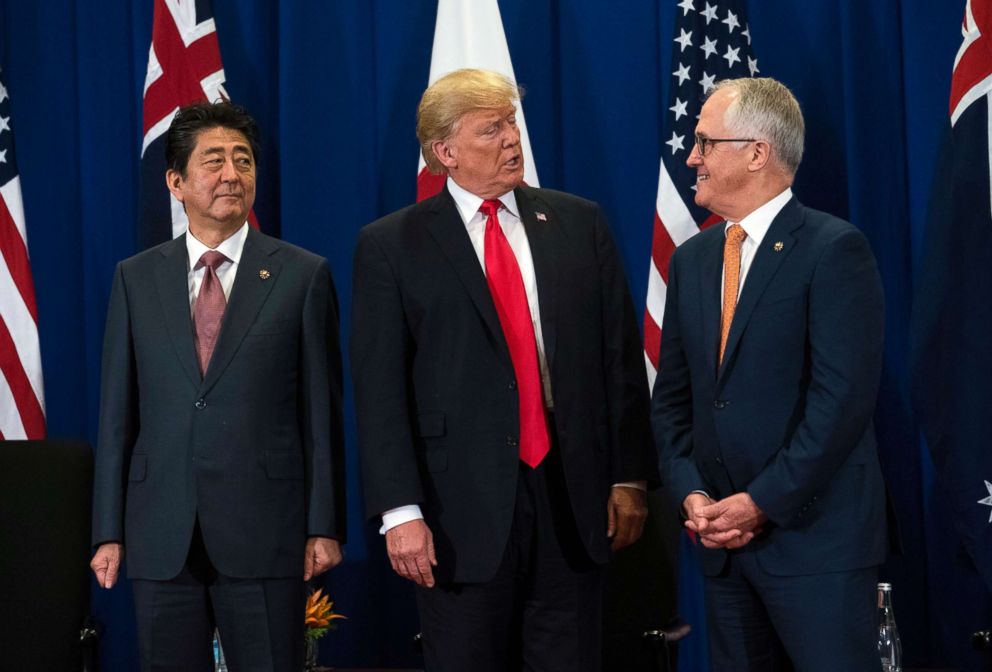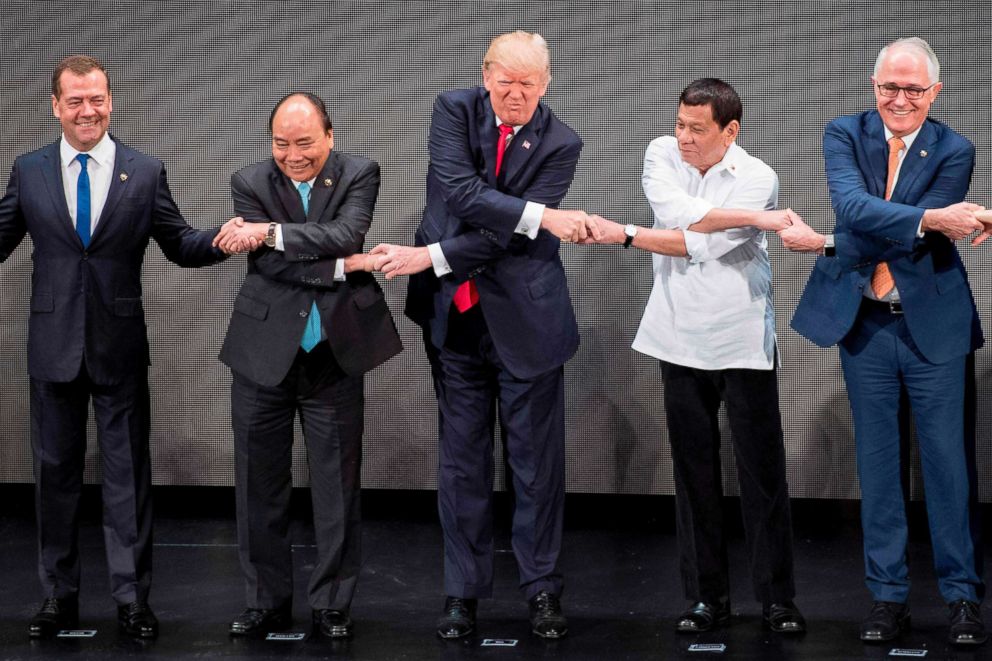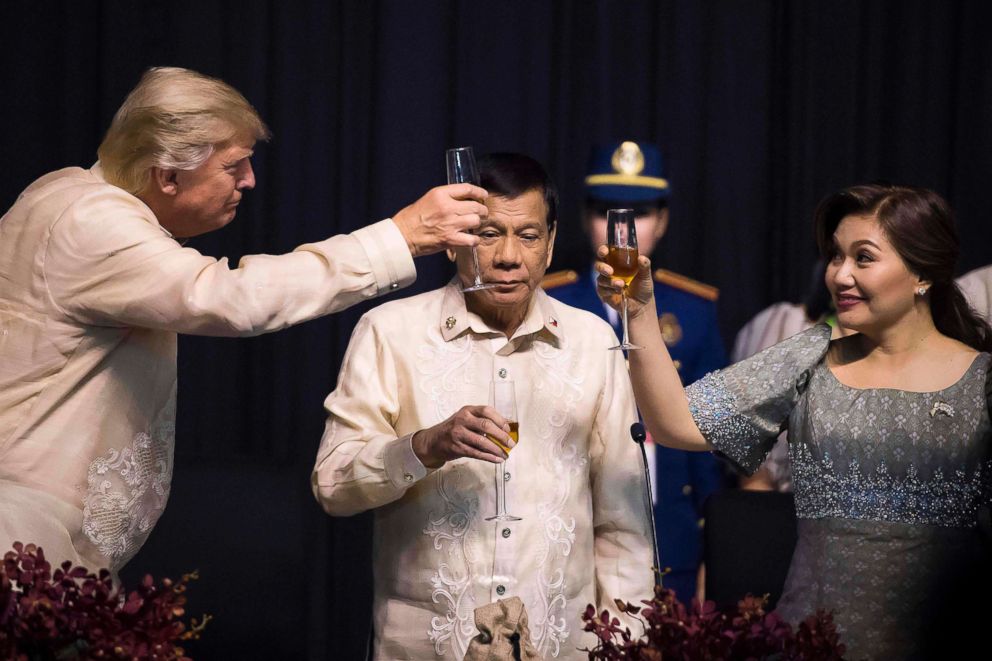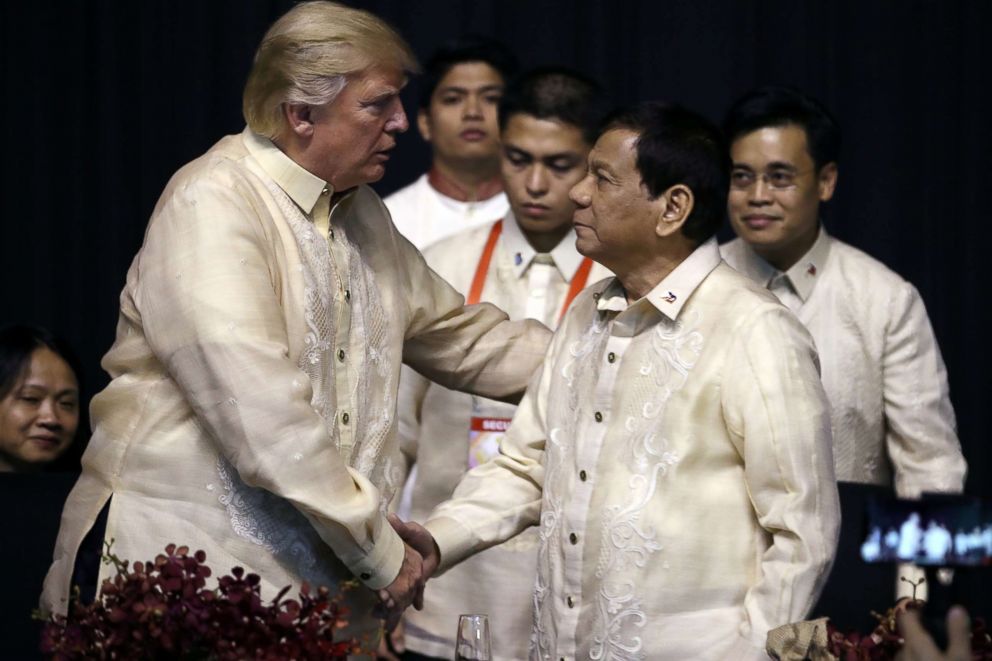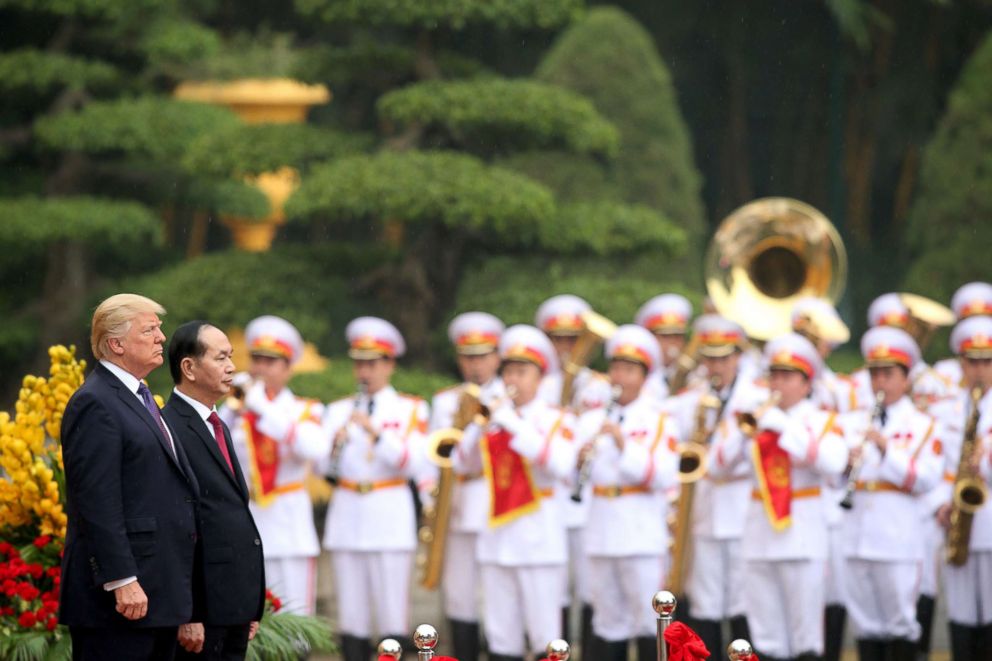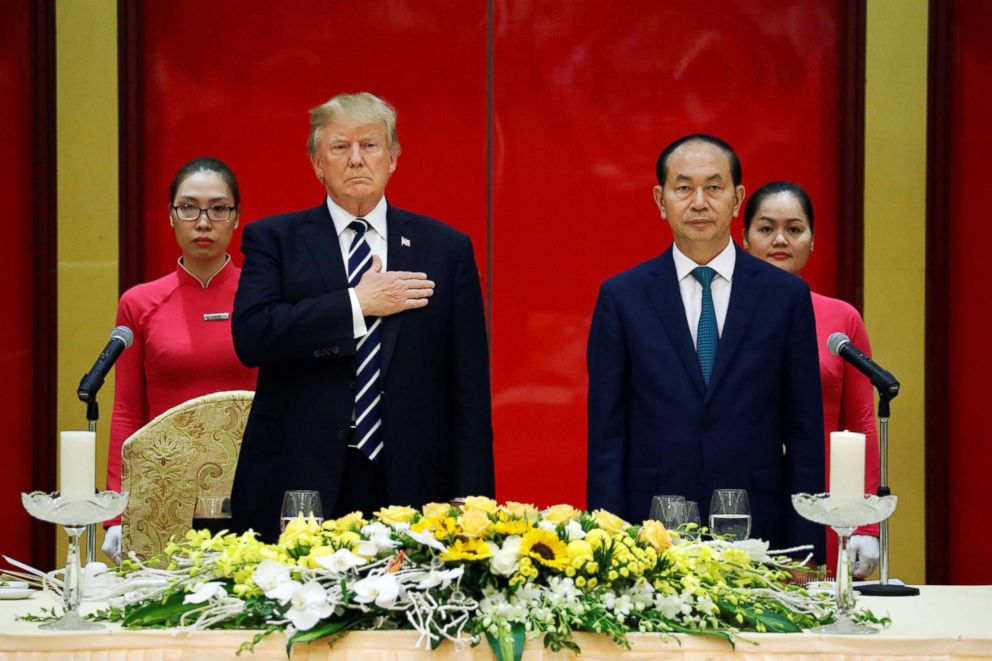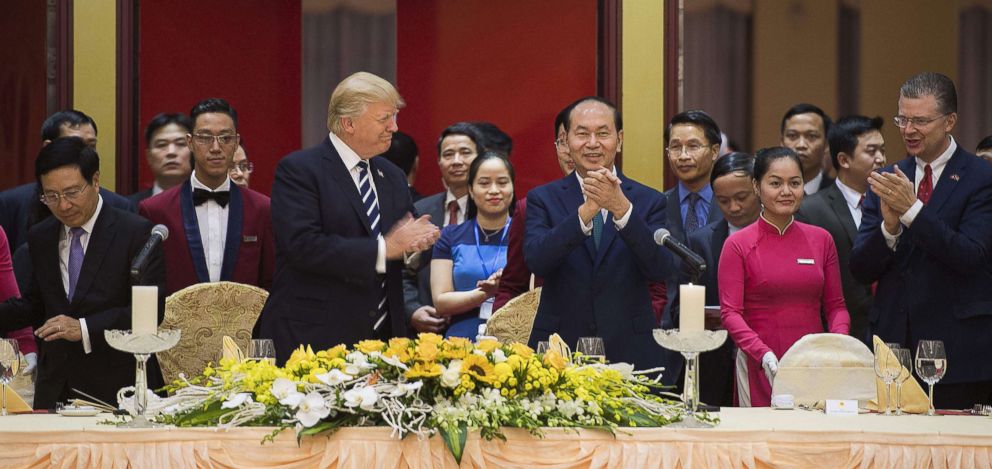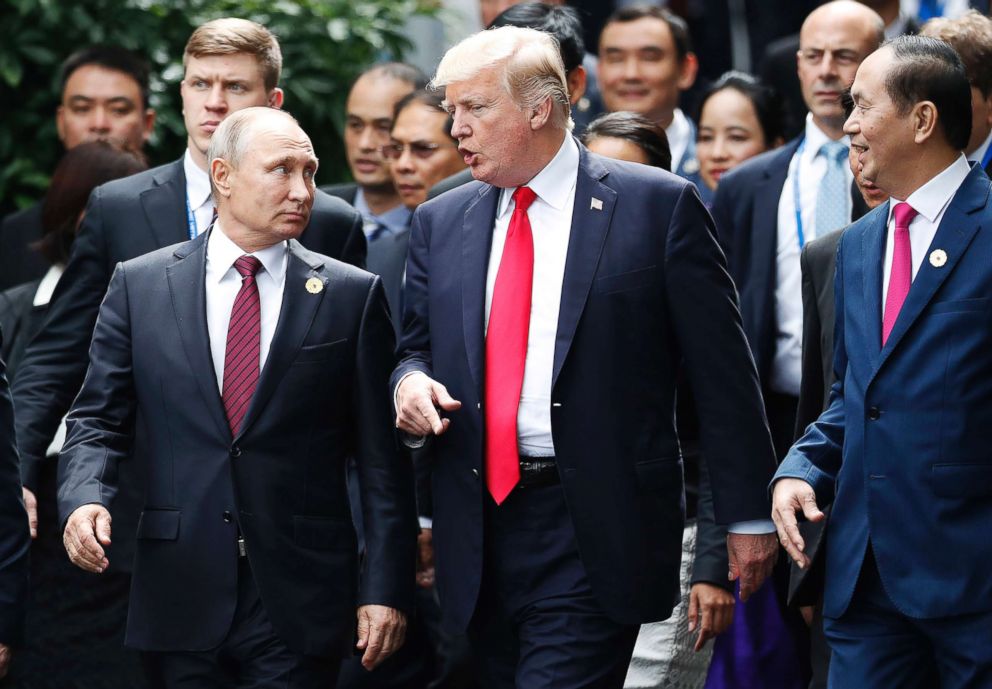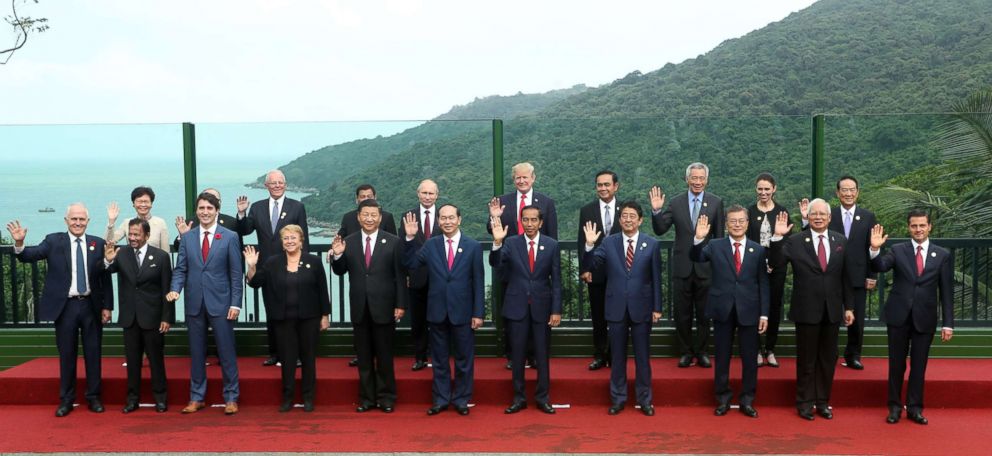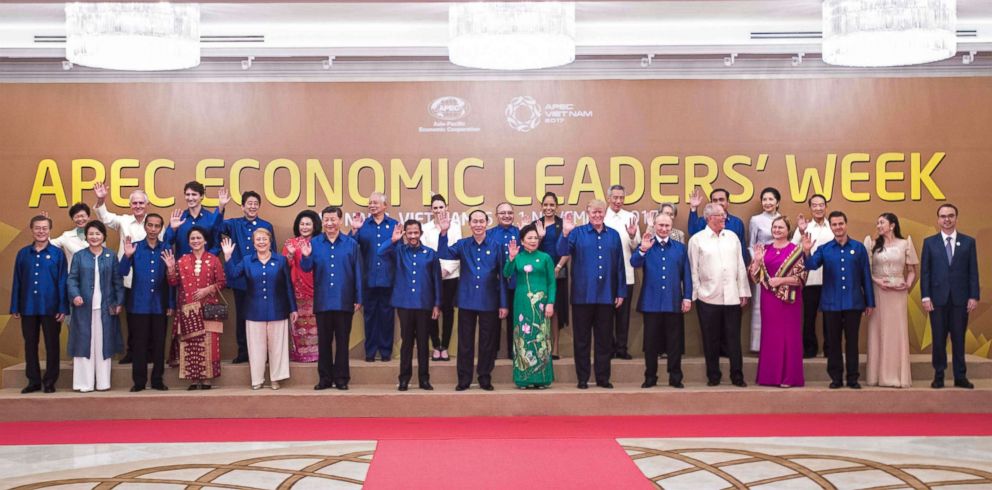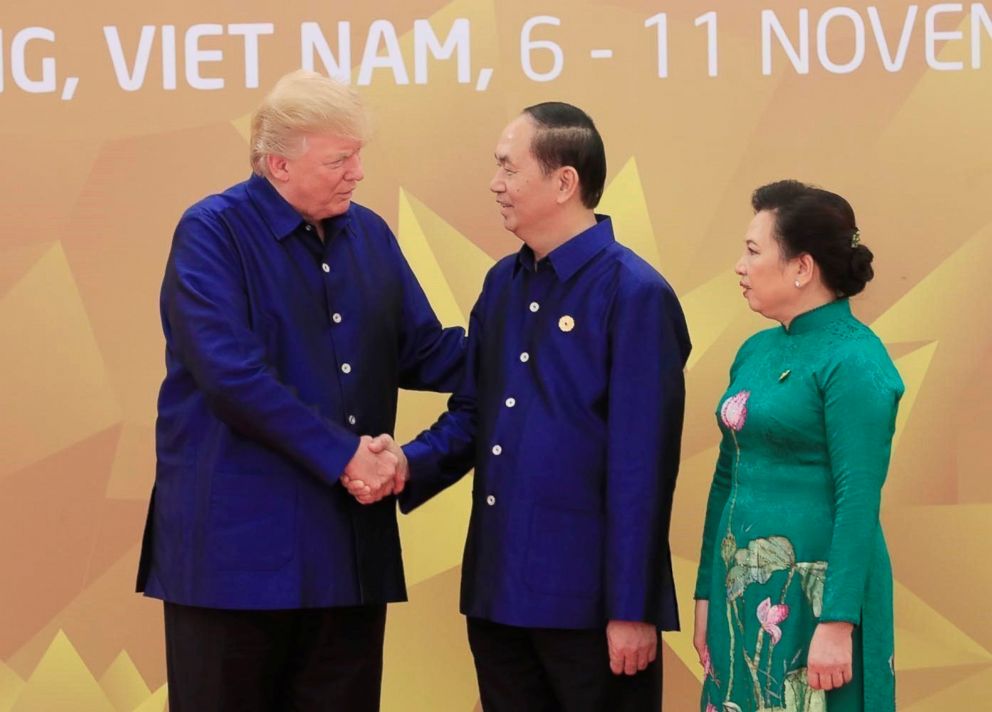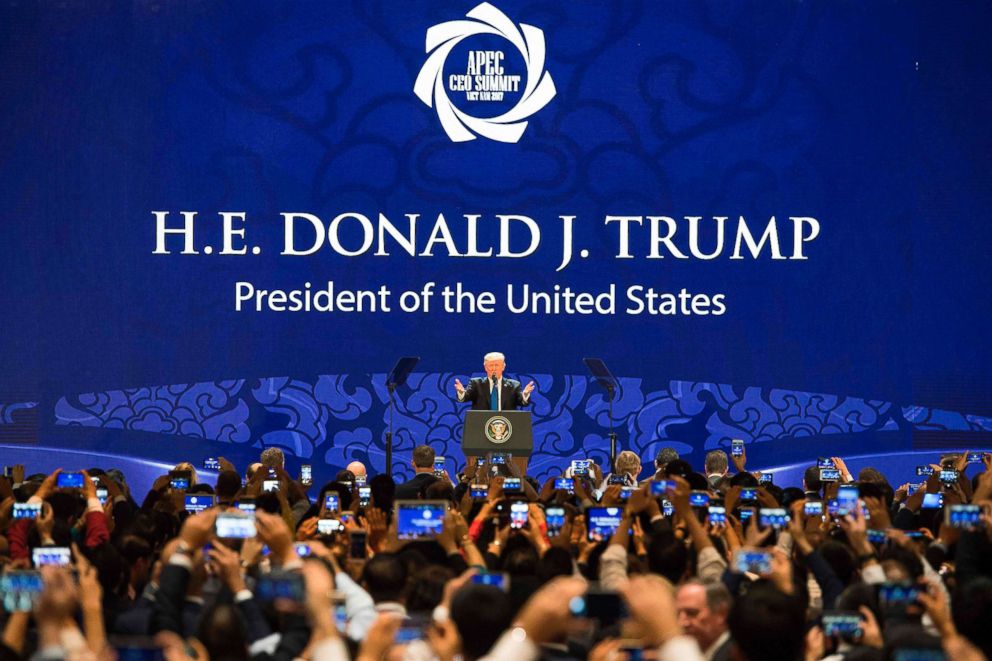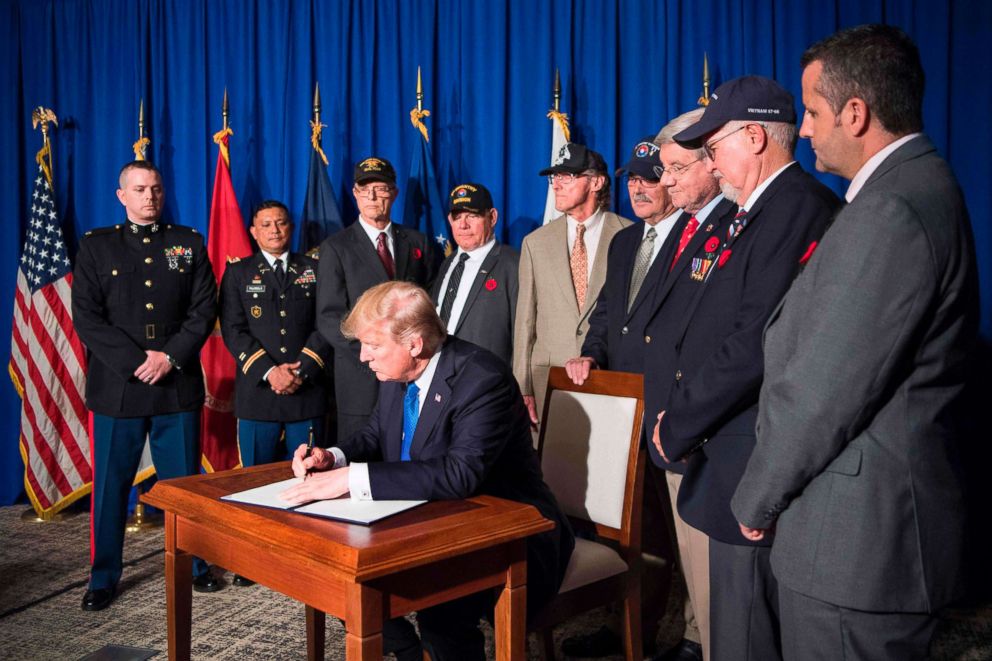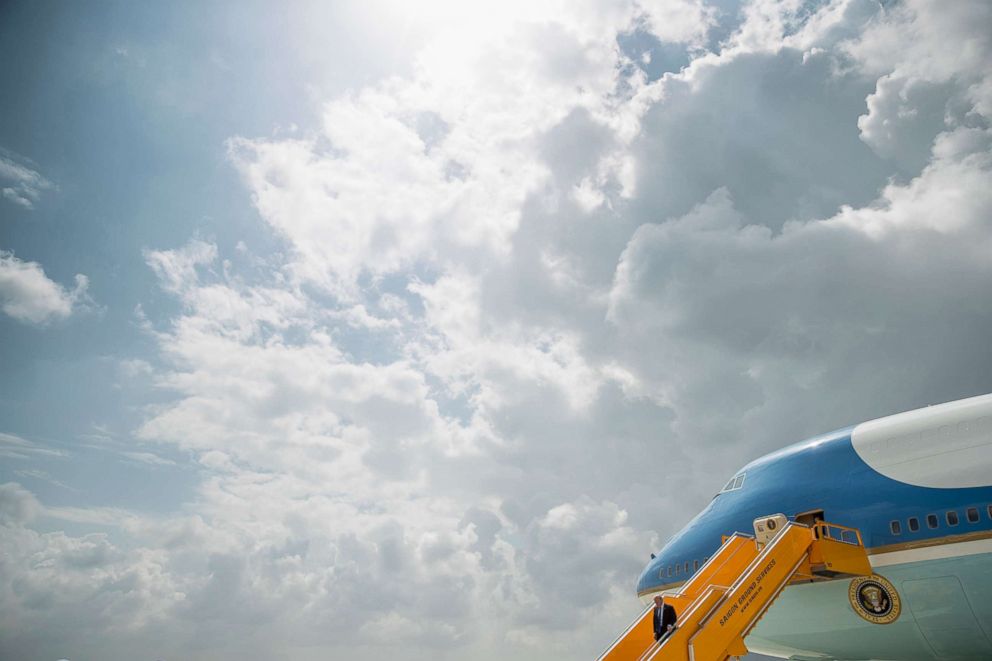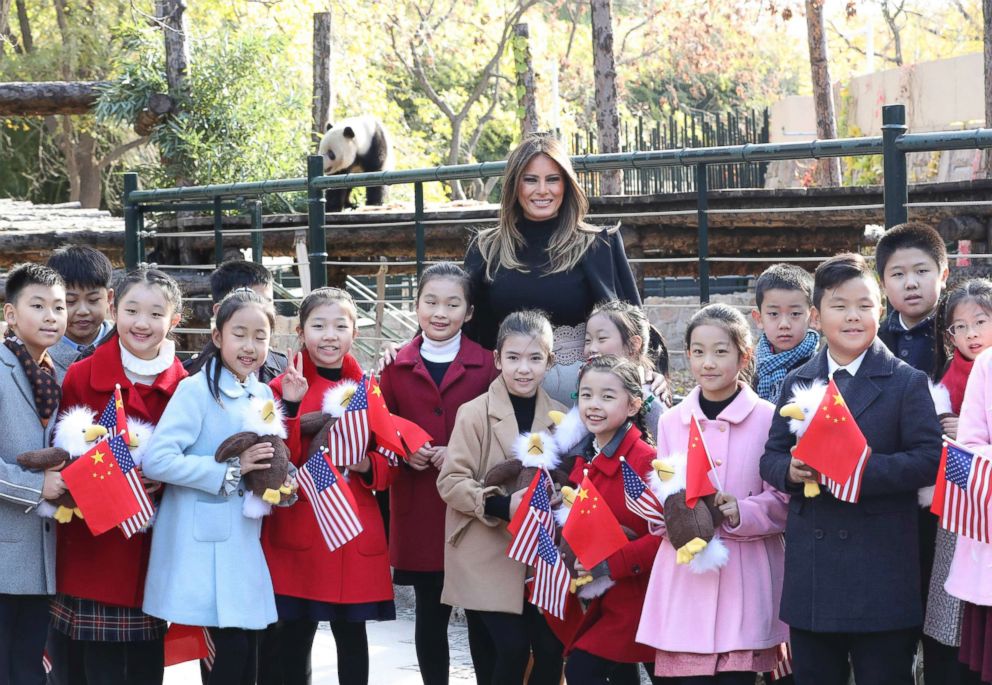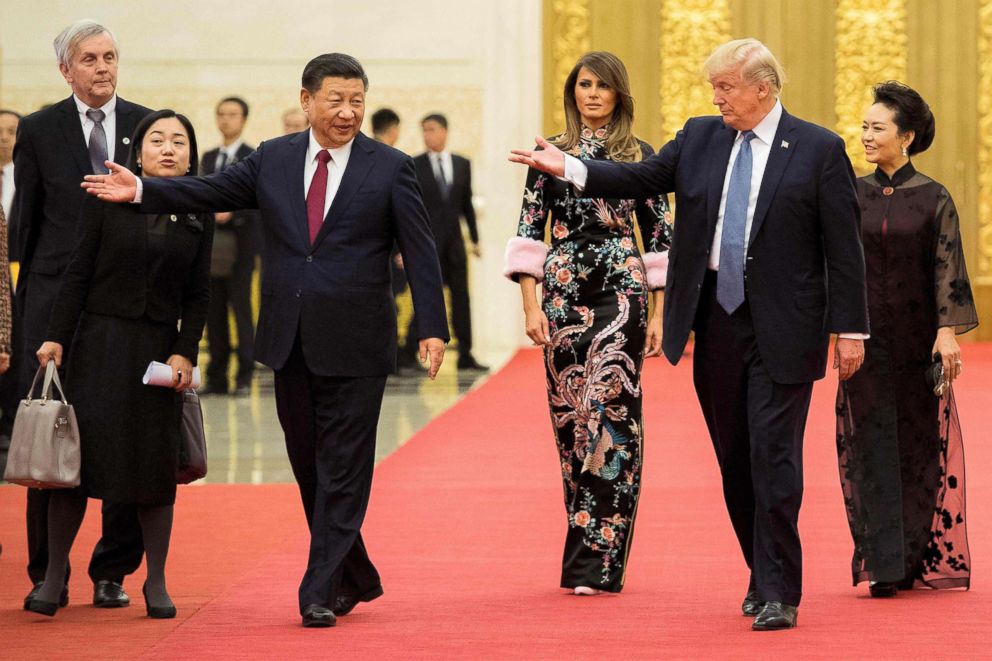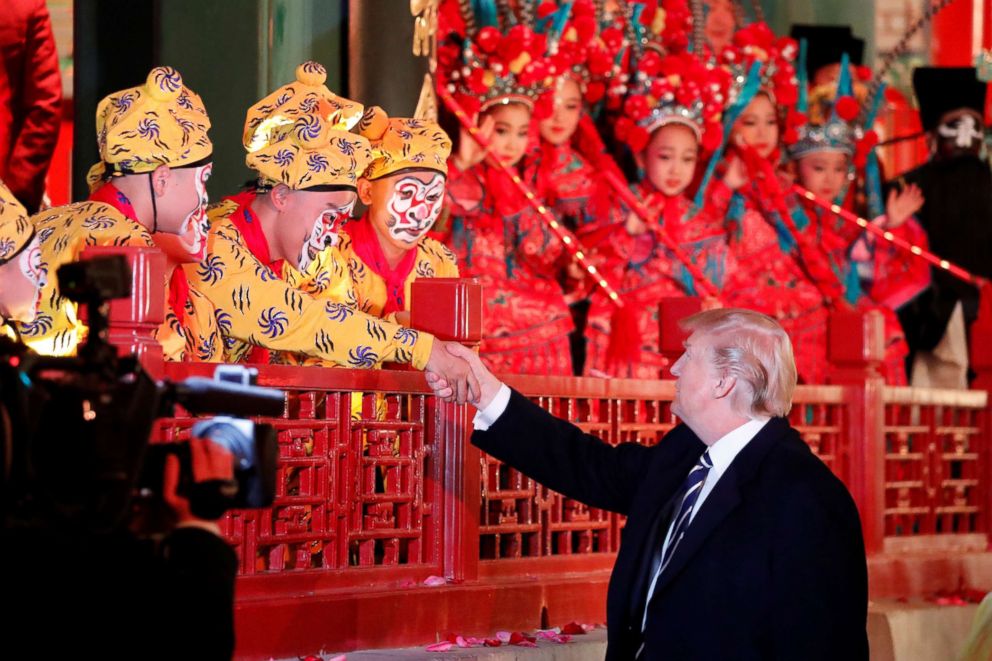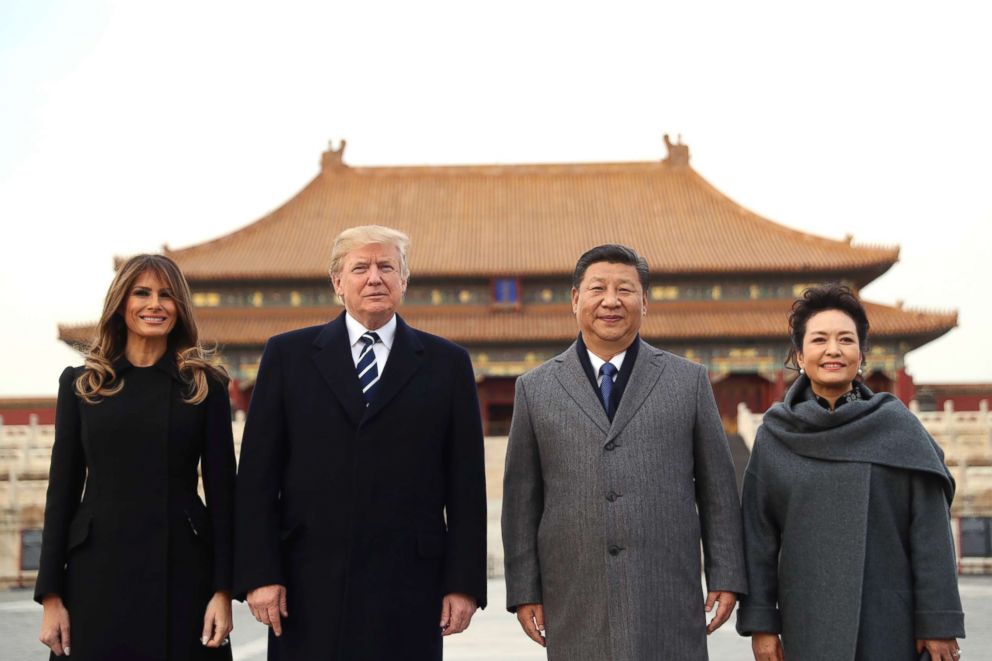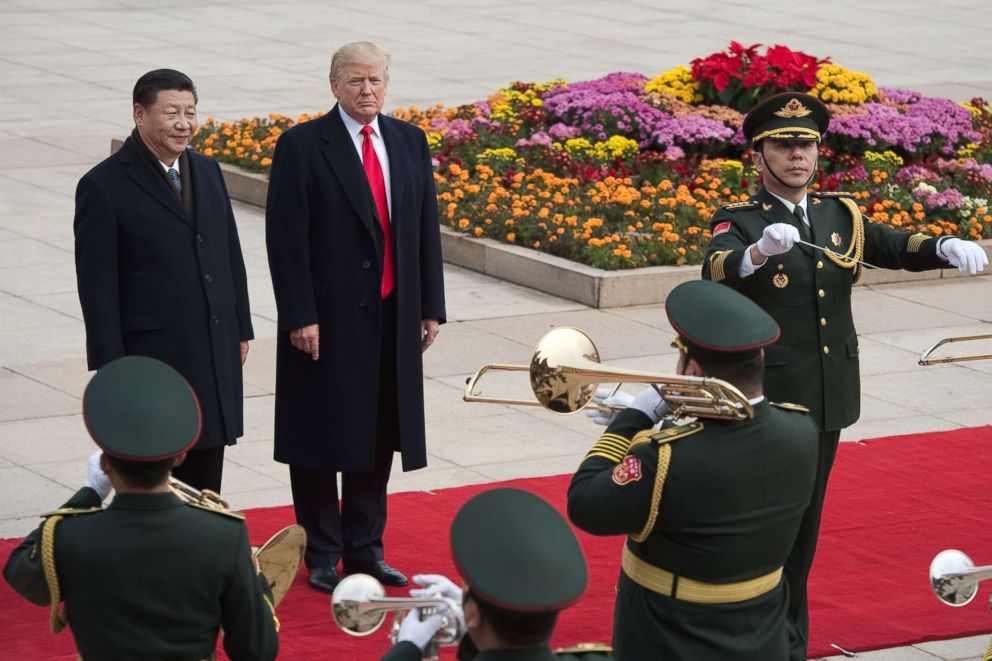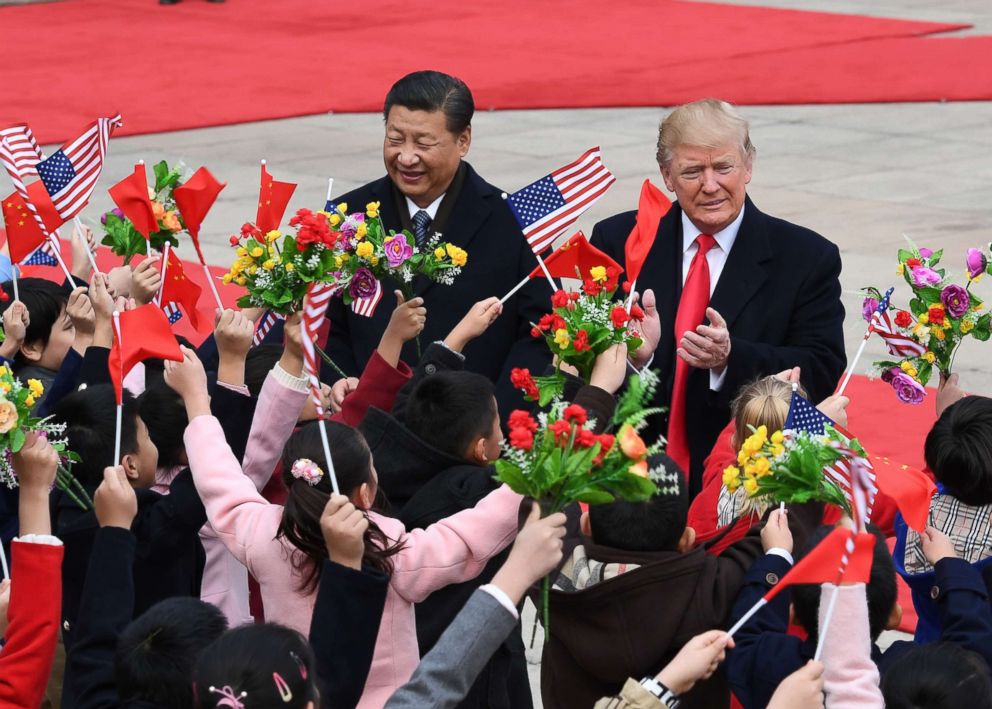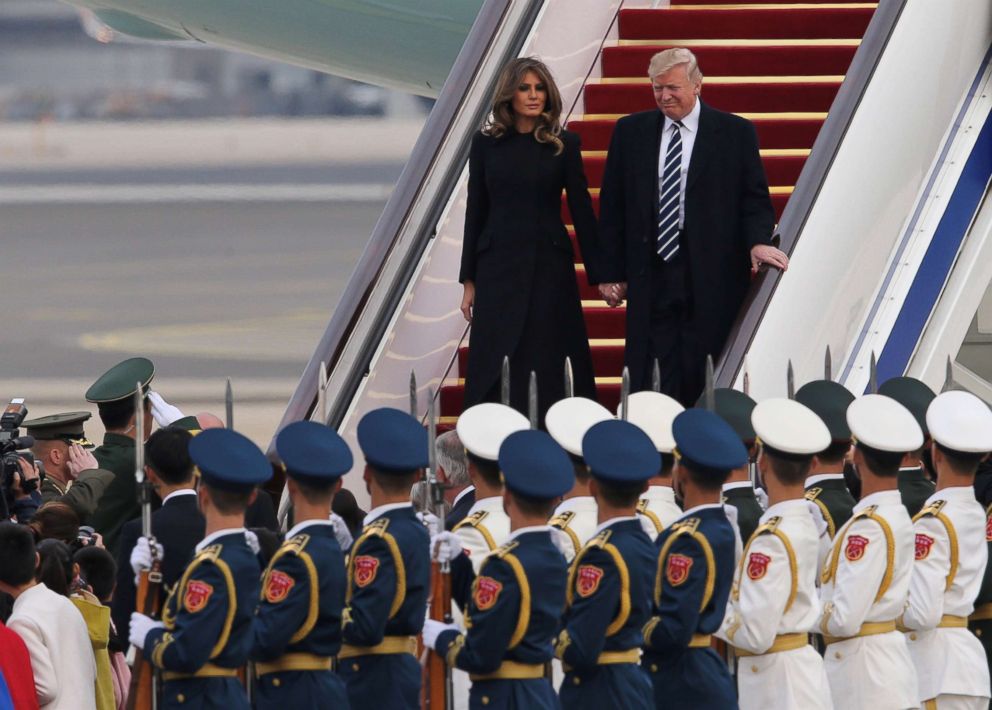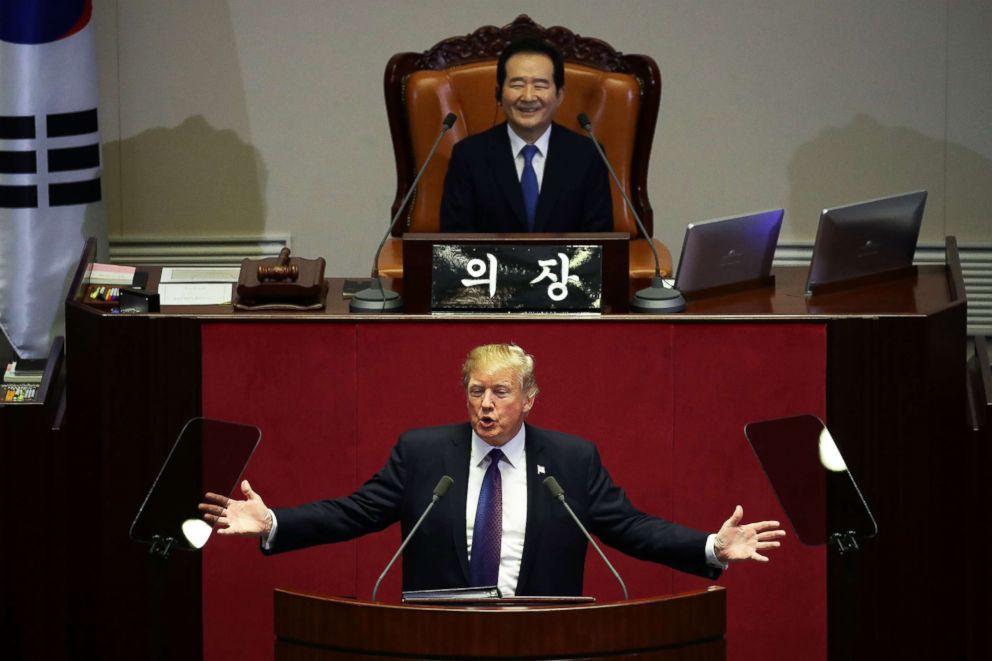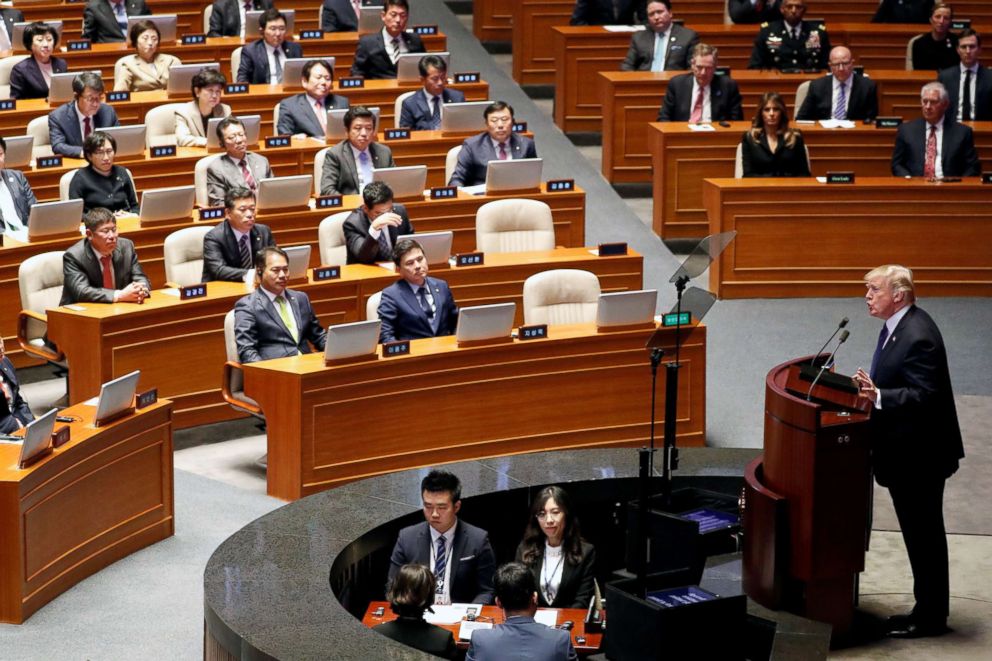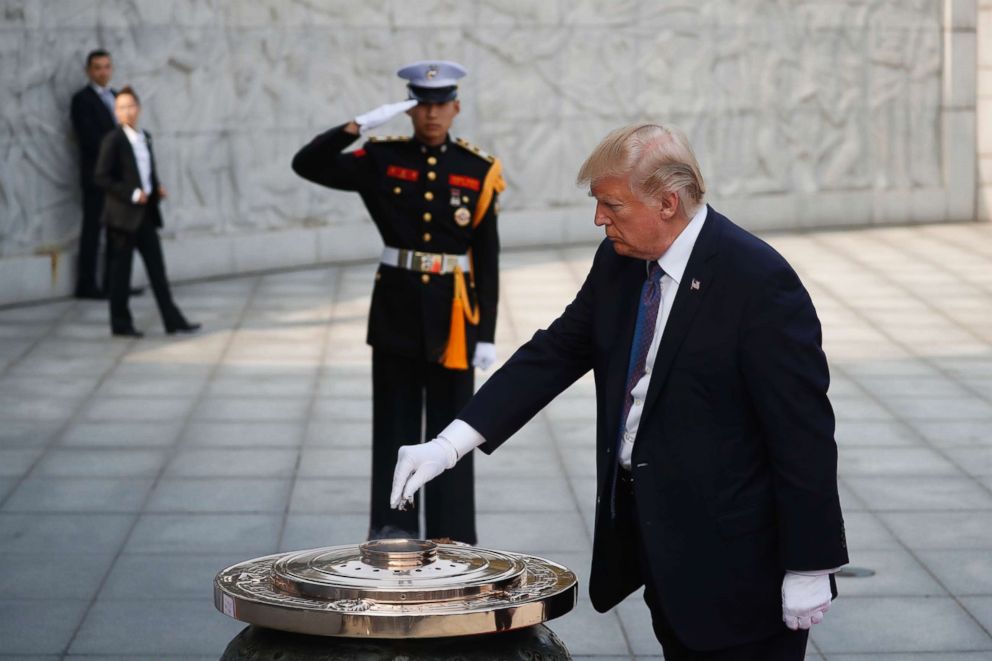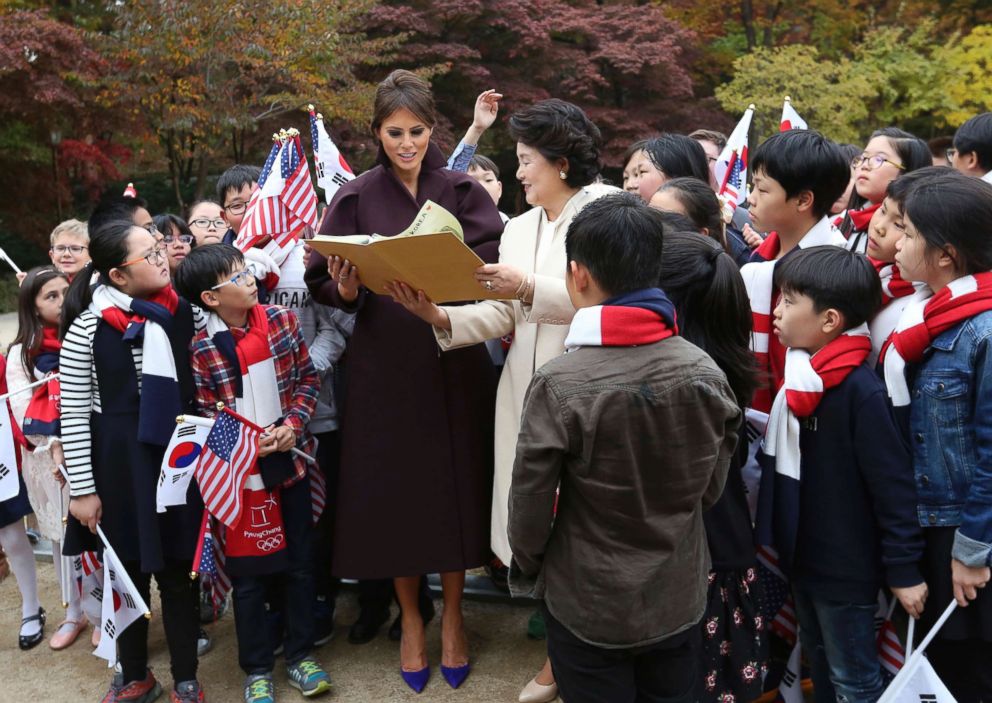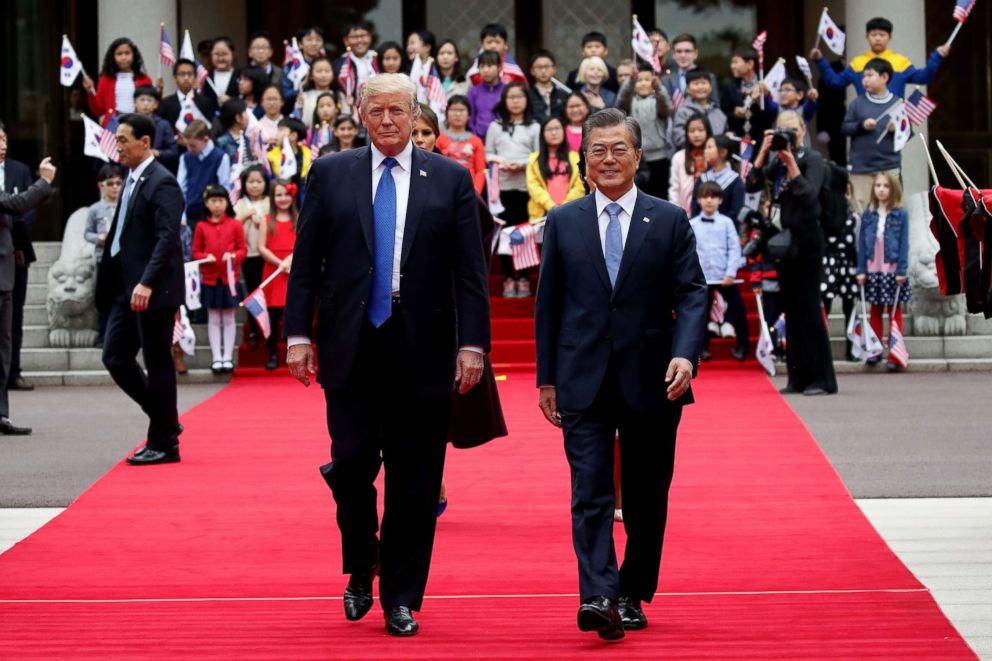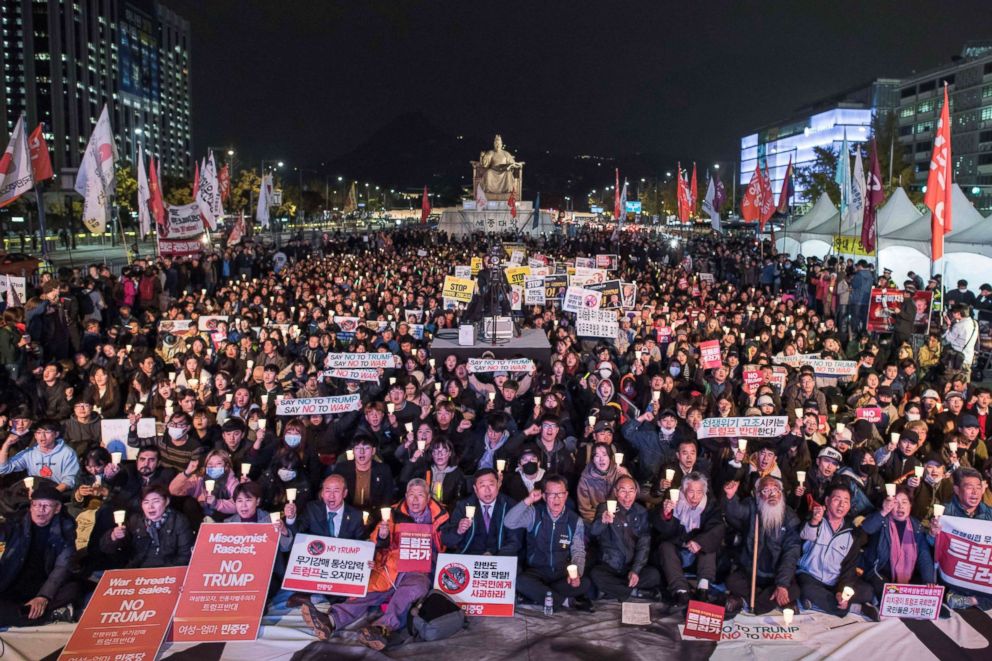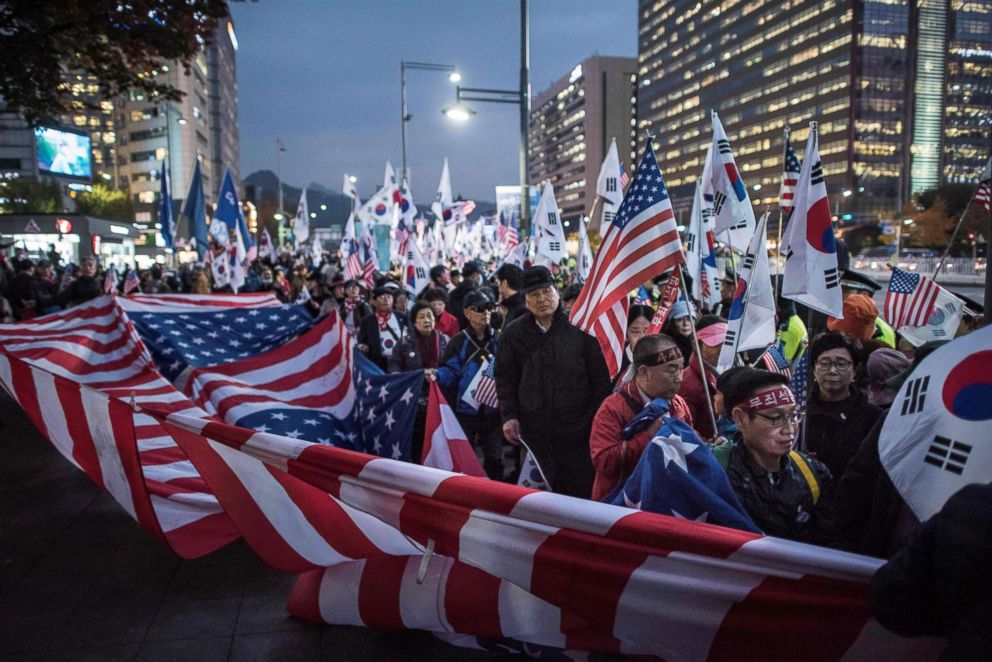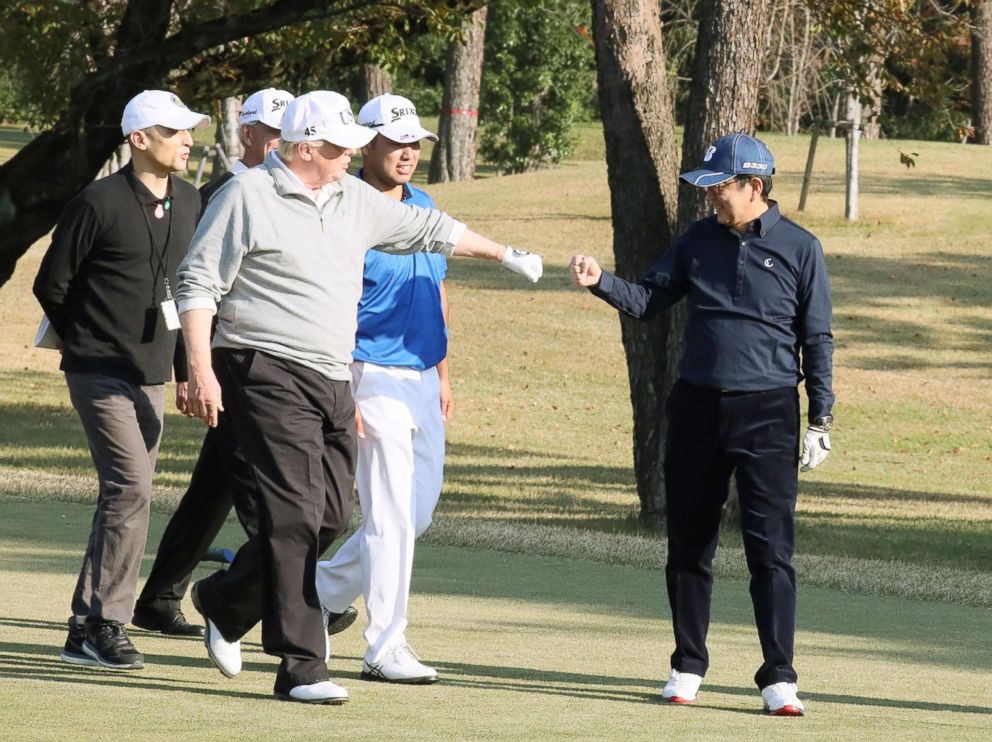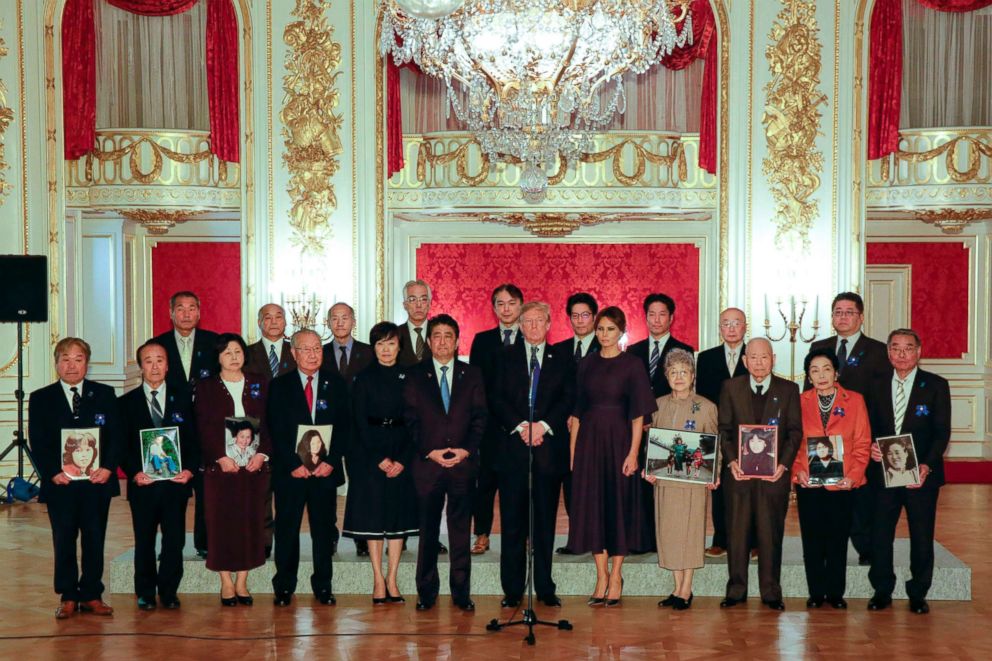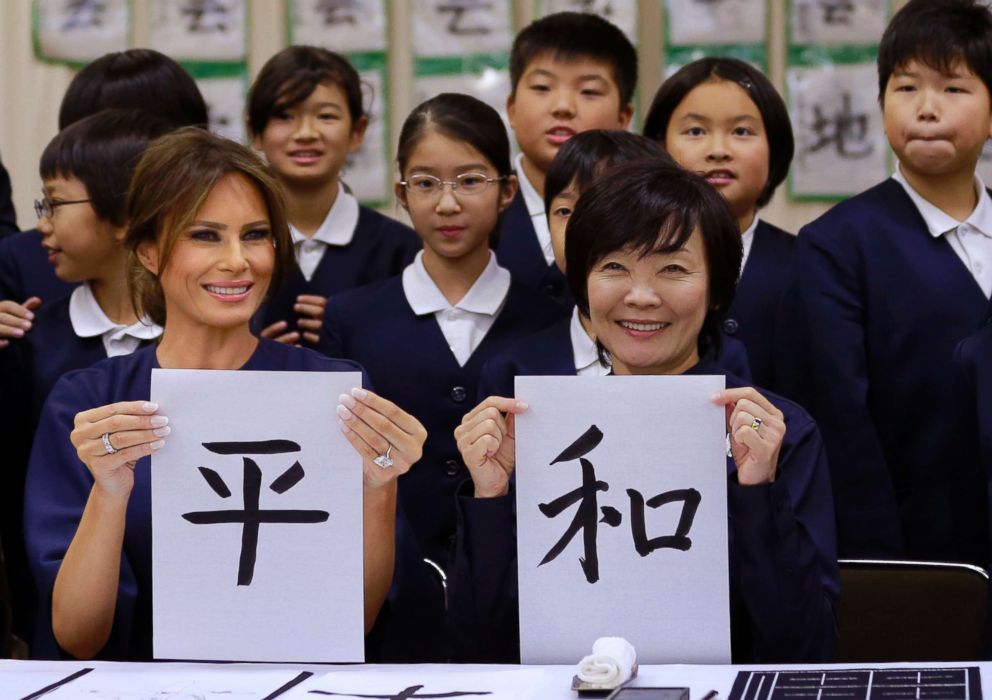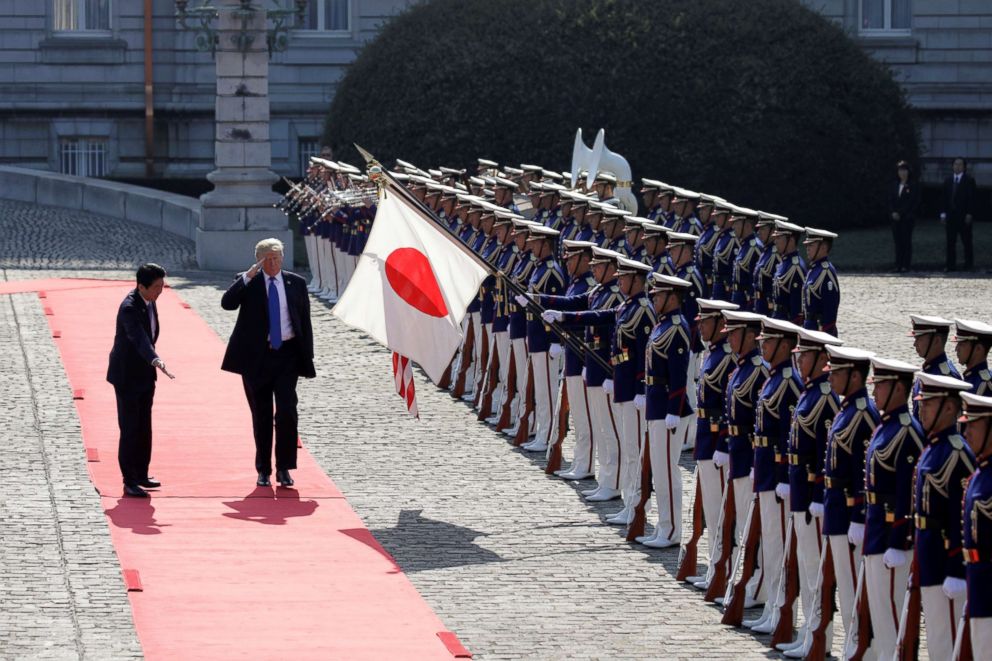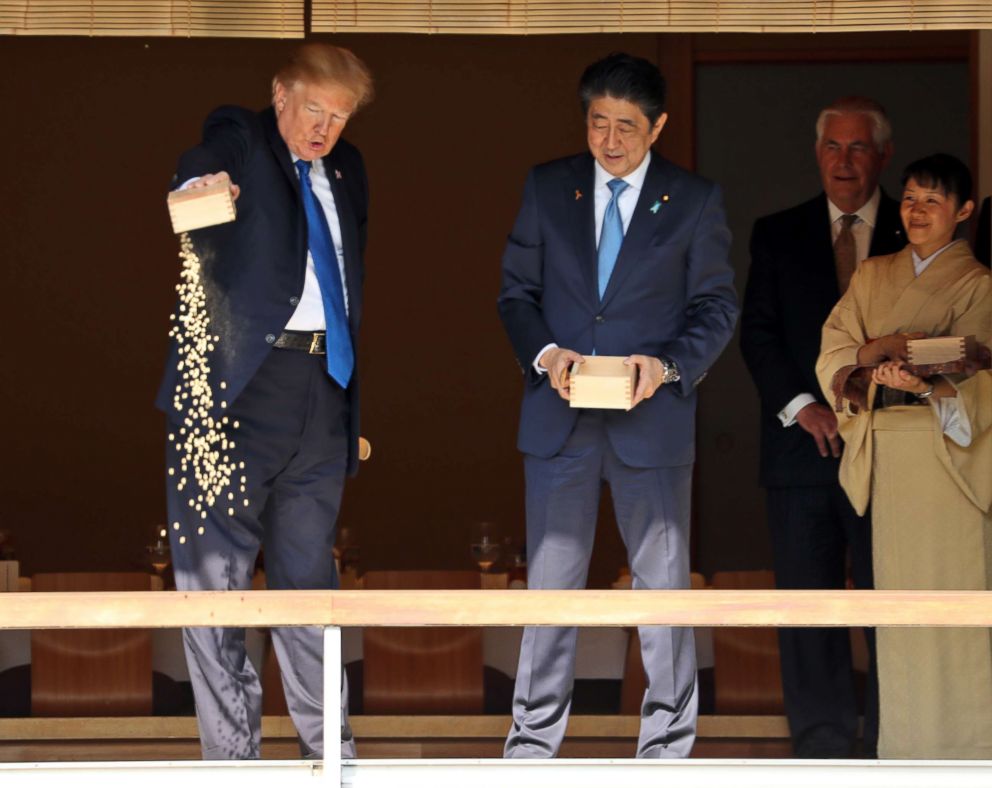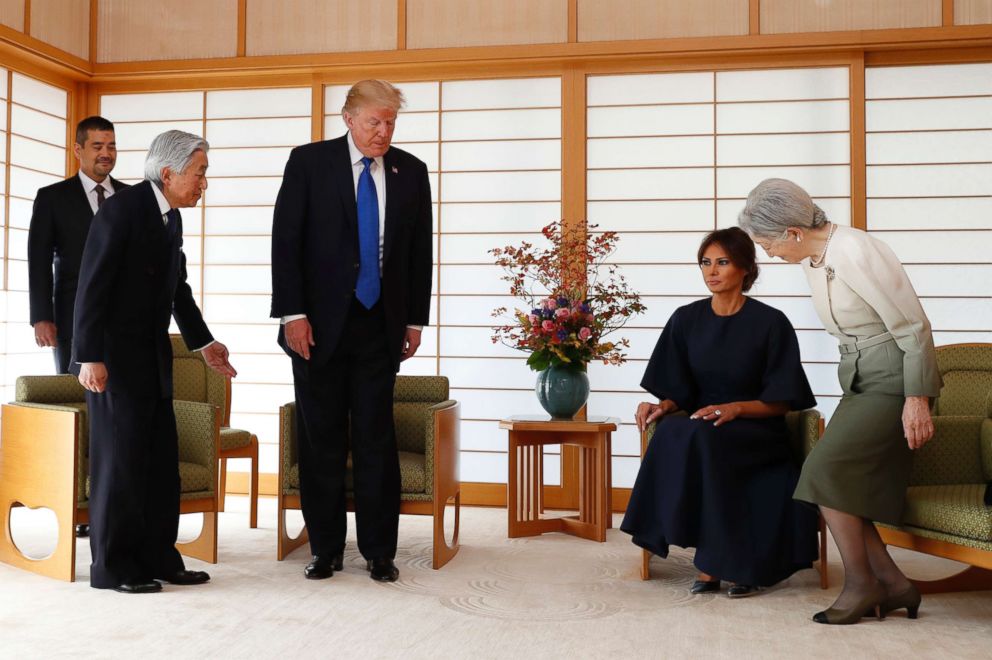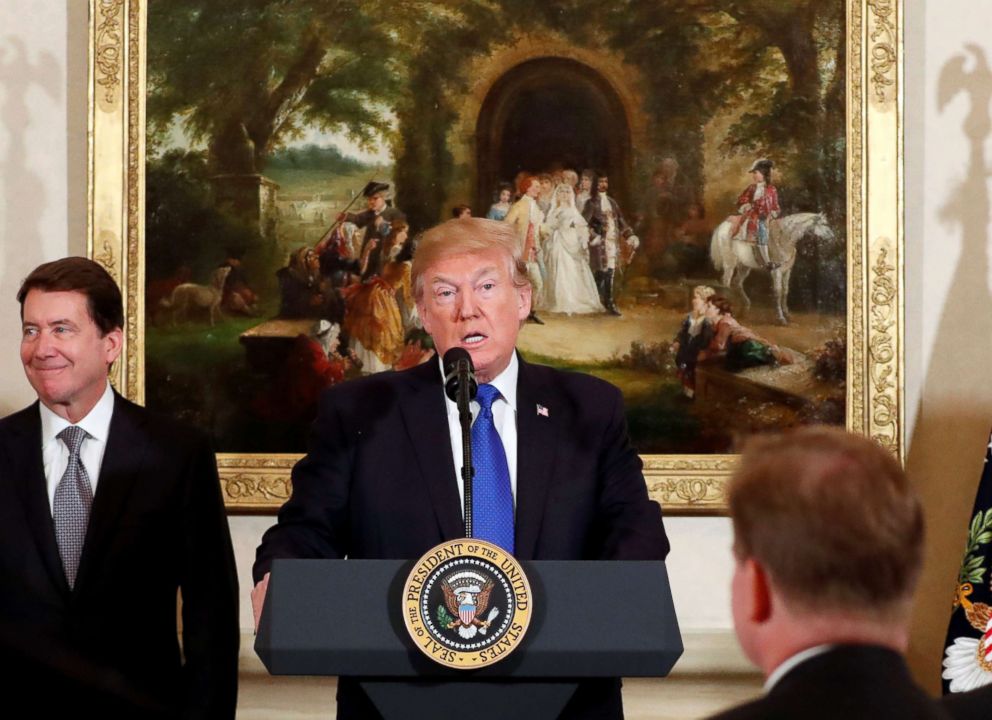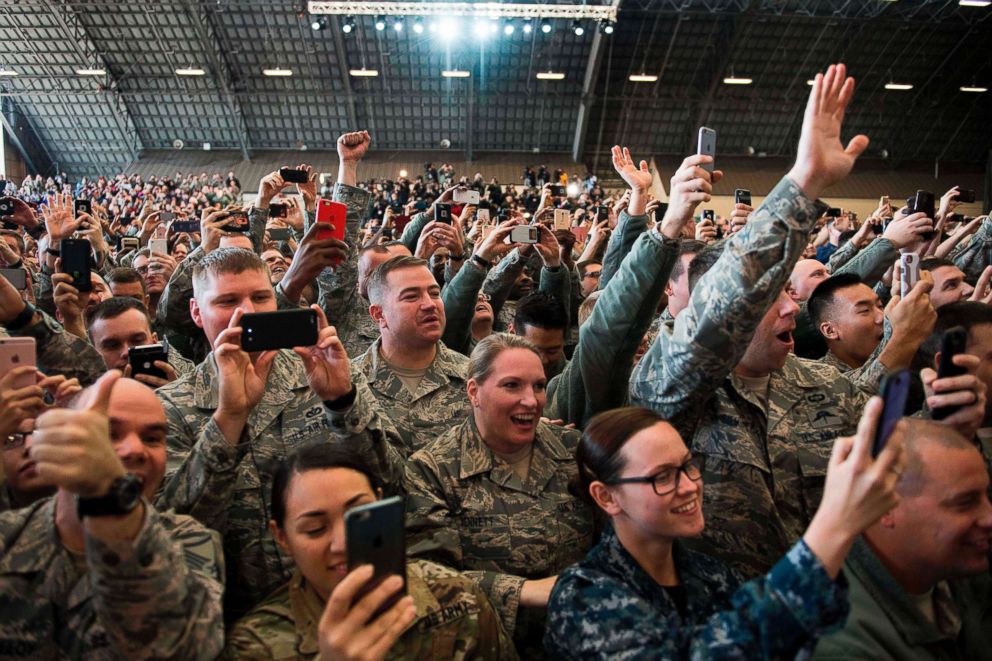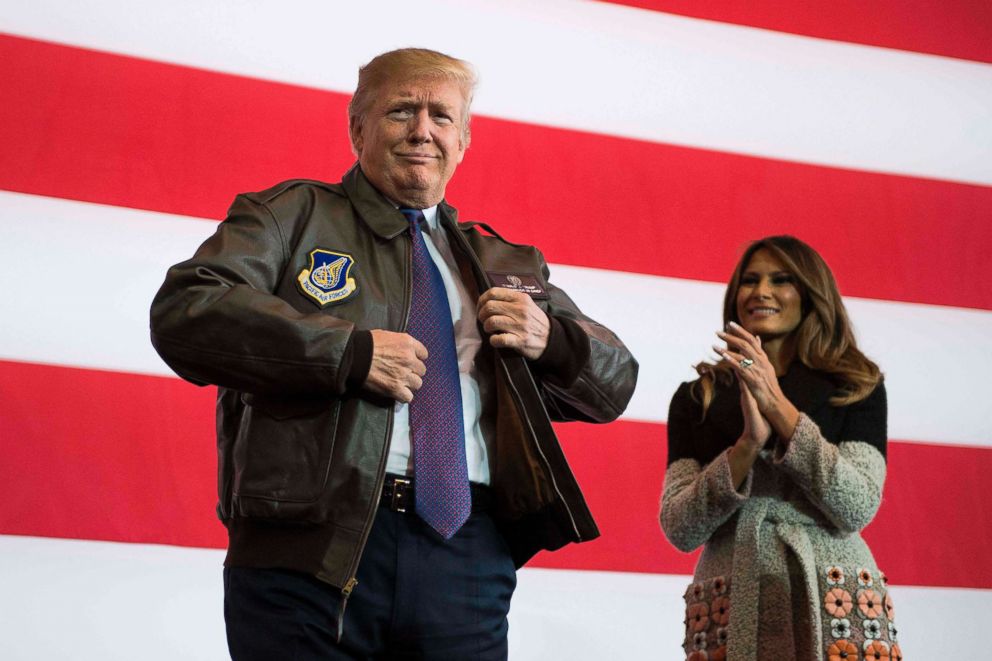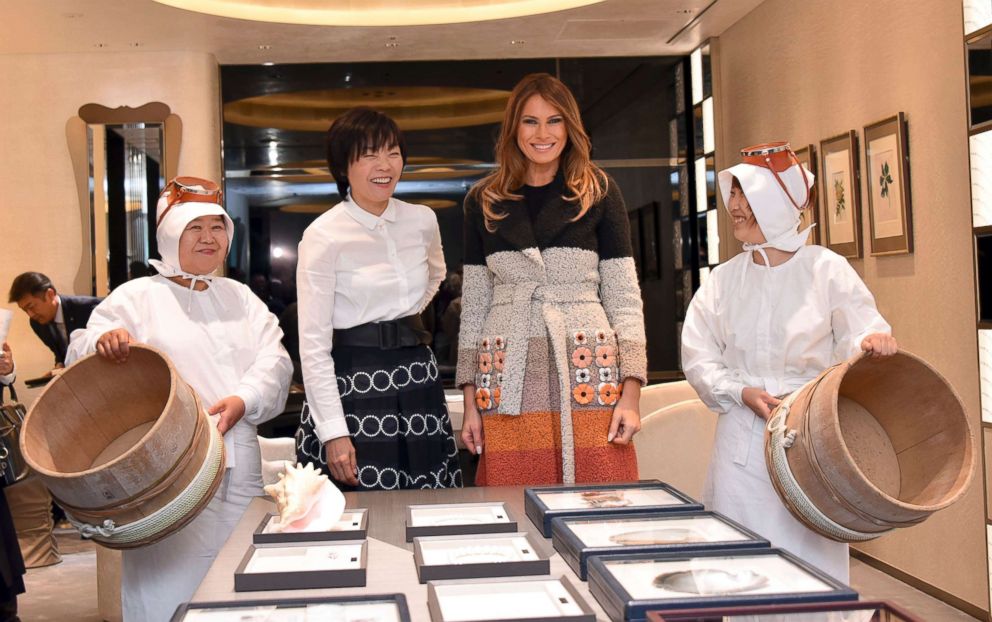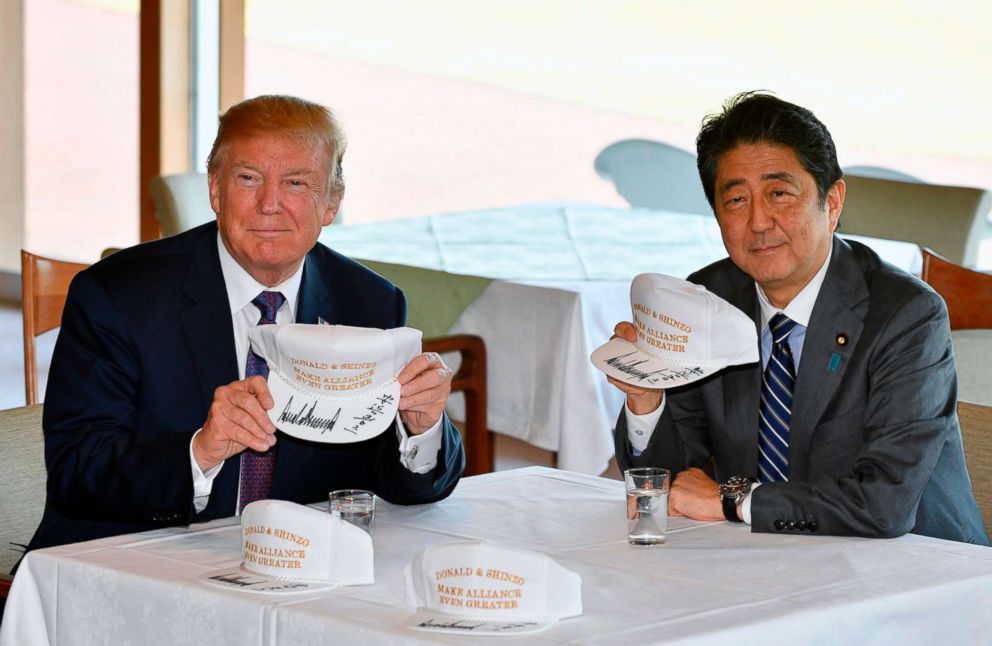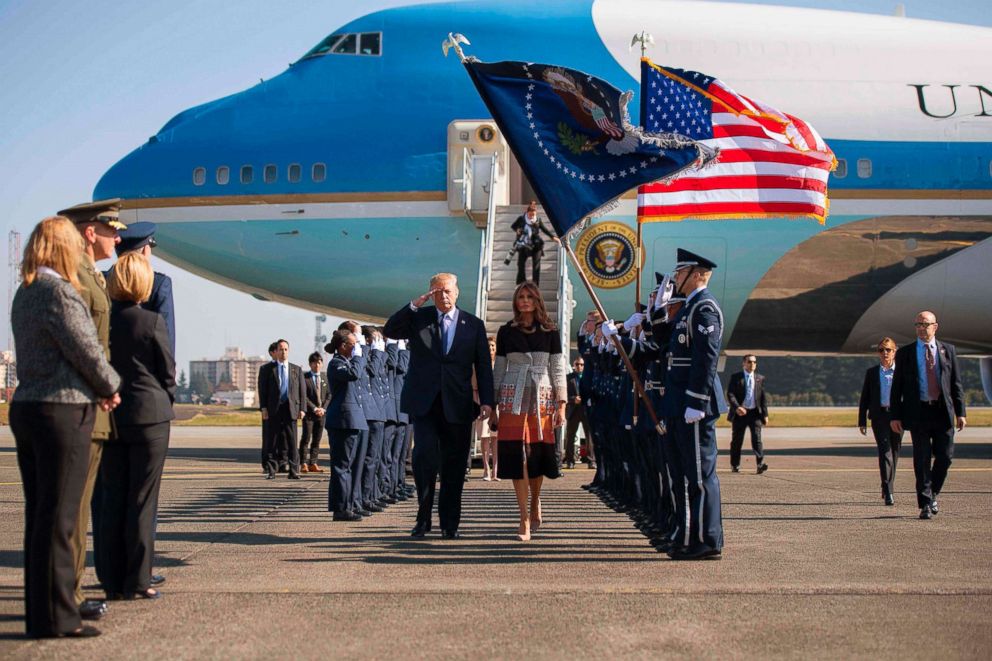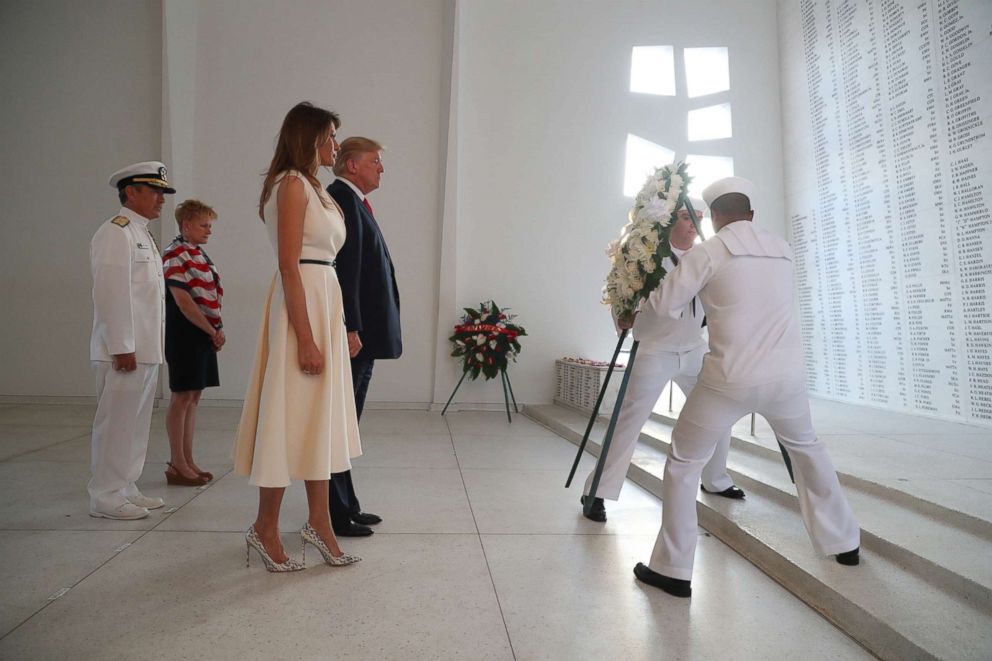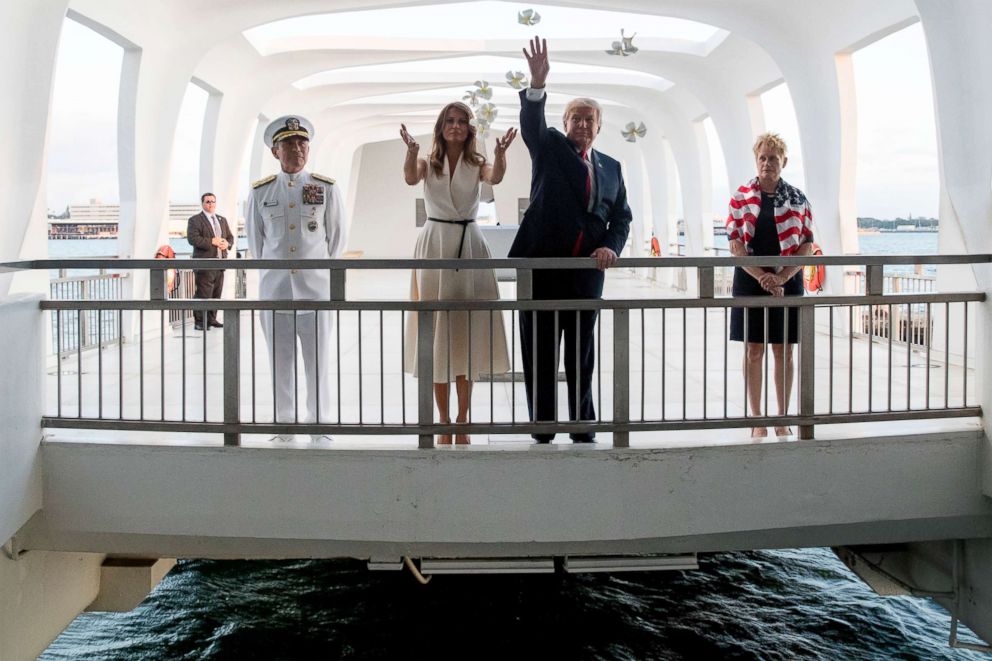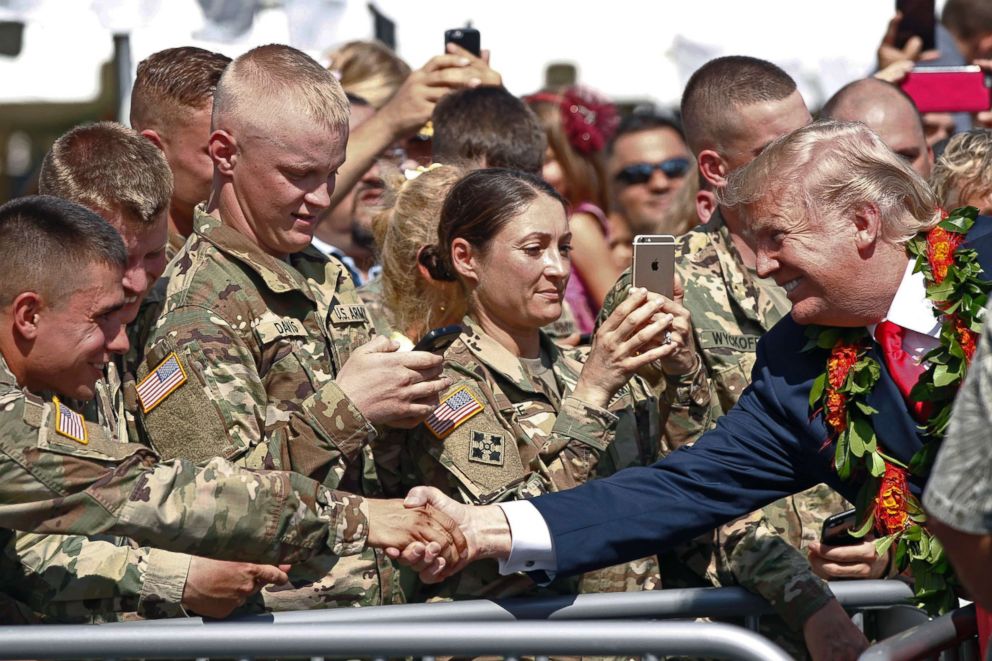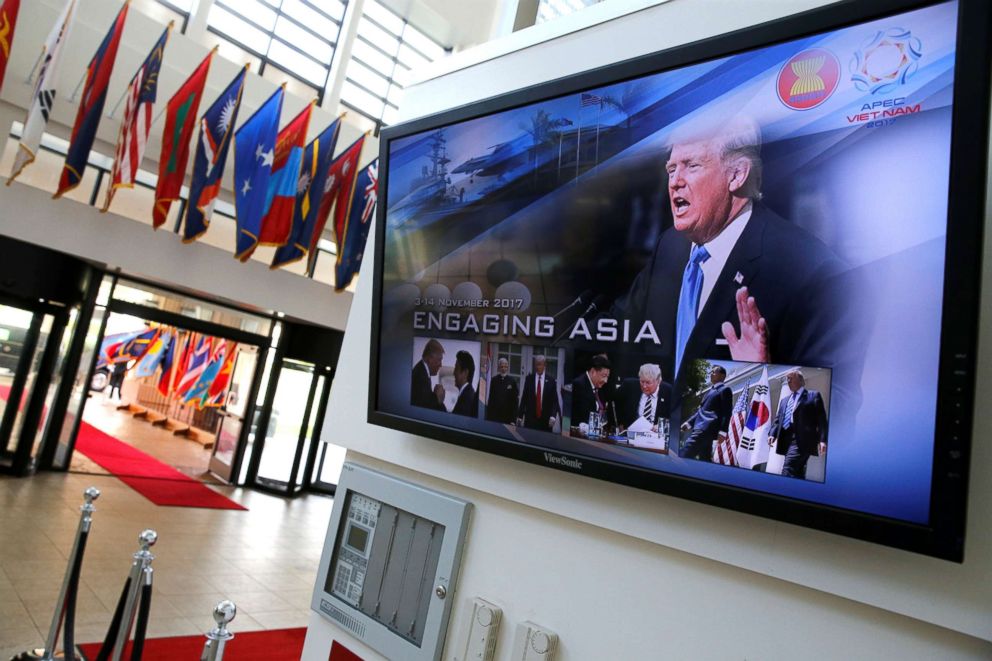Trump's diplomatic dance on North Korea tops agenda for meeting with Chinese President Xi Jinping
Trump to meet Thursday with Chinese President Xi Jinping.
— -- President Trump faces a delicate diplomatic dance on his state visit with Chinese President Xi Jinping, hoping to renew pressure on China to help solve the nuclear standoff with North Korea while seeking a trade relationship more favorable to the United States.
"I want to just say that President Xi -- where we will be tomorrow, China -- has been very helpful. We'll find out how helpful soon," Trump said Tuesday in a joint news conference in South Korea.
While Trump has publicly touted his strong rapport with Xi, attempting to leverage their personal ties into substantive progress on a number of key issues has had mixed results.
"If we get China, if we get Russia -- and we have some other countries, but we want to get most of them -- we think that things will happen, and they could happen very quickly," Trump said Tuesday of the crisis with North Korea.
Trump will be treated Thursday to a welcome ceremony at China's Great Hall of the People and participate in an extended meeting with Xi, followed by a separate meeting accompanied by a delegation of business leaders.
The meeting follows a landmark speech to the South Korean General Assembly where he directly called out China for supporting Kim Jong Un's regime.
"Why would China feel an obligation to help North Korea?" Trump said, calling on China to join other "responsible nations" in isolating Pyongyang. "We call on every nation, including China and Russia, to fully implement U.N. Security Council resolutions, downgrade diplomatic relations with the regime, and sever all ties of trade and technology."
Trump has gone back and forth in his assessment of just how much influence China could have over deterring North Korea's aggressive behavior.
But leading up to the president's trip, the White House set a general narrative stressing the regime presents a "global threat" requiring a unified response from all nations in the region, something echoed by Trump this week in Japan and South Korea.
The president could find himself in thorny territory as he looks to confront China over what his administration has deemed “predatory” trade behavior.
"The visit will send a clear message that, for bilateral economic relations to be sustainable over the long term, China must provide fair and reciprocal treatment to U.S. firms and cease predatory trade and investment practices," a White House official said leading up to the president's visit.
It's an issue that Trump made a cornerstone of his criticism of U.S. international dealmaking dating back long before he declared his candidacy for the presidency.
But Trump's tune changed significantly after taking his office and his cultivation of a warm relationship with President Xi.
After their summit at Trump's Mar-a-Lago resort in April, the two countries agreed on a 100-day plan to address trade issues. In July, China and the United States settled on a deal to expand access to U.S. firms in China's market and increase trade of chicken and beef, among other moves the administration claimed would decrease the U.S. trade deficit with China.
Trump's trip to Asia and Hawaii
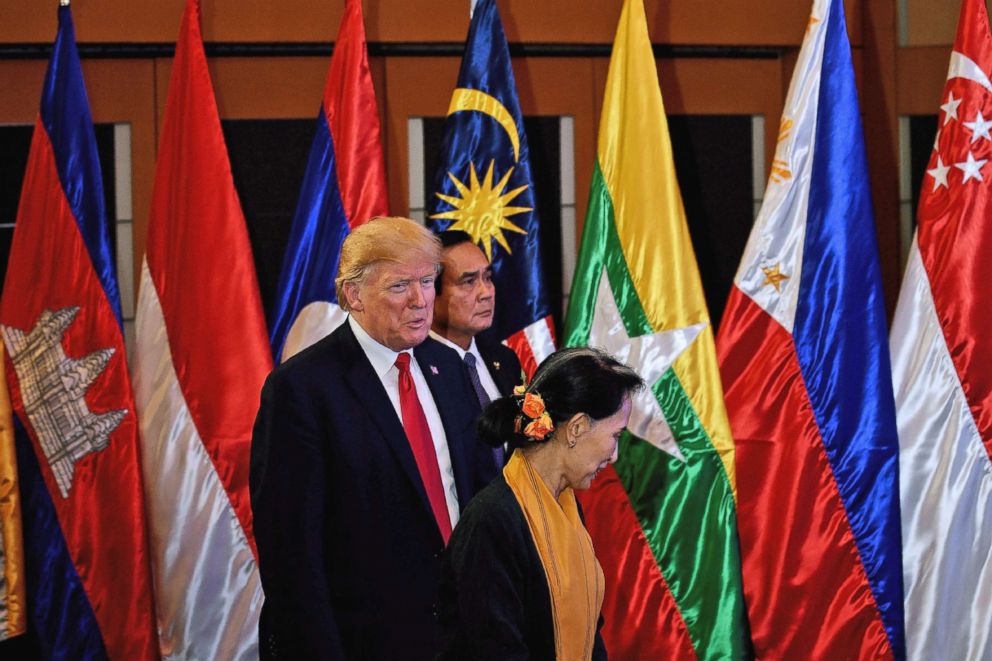
That trade deficit has been a prime target of Trump's, most recently in his news conference alongside Japanese Prime Minister Shinzo Abe Monday.
"Our trade deficit is massive. It's hundreds of billions of dollars a year, anywhere from $350 billion to $504 billion, and that doesn't include intellectual property," Trump said. "And we've already started discussions with China because it has to come down. It has to come down."
An administration official said prior to the president's departure that progress with China on economic issues "has become increasingly difficult" as of late, pushing the issue to the top of the agenda when Trump and Xi sit down Thursday.
Previewing their sit-down, Trump has presented Xi less as a leader of a longtime U.S. adversary, but more as a kindred spirit dealmaker on the world stage.
"As far as China is concerned, my relationship, as you know, with President Xi is also excellent. I like him a lot," Trump said Monday. "I consider him a friend. He considers me a friend. With that being said, he represents China; I represent the United States. His views are different on things, but they're pretty similar on trade."
